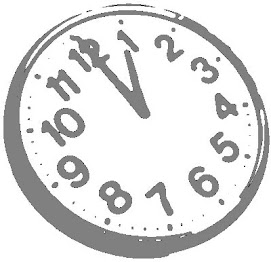Keeping alert while driving is a particular challenge for professional drivers, but everyone getting off a night shift and having to drive themselves home has to deal with alertness behind the wheel. Drowsy driving is a real danger.
To assess your ability to drive, if you…
- can't remember the last few miles driven
- have wandering or disconnected thoughts
- experience difficulty focusing/keeping eyes open
- have trouble keeping your head up
- drift from lanes or hit a rumble strip
- yawn repeatedly
- tailgate or miss traffic signs
- find yourself jerking your vehicle back into lane
…then you may be suffering from drowsiness or fatigue. Continuing to drive in this condition puts you at serious risk of being involved in a fatigue-related crash. You should pull over in a safe place and get some rest before resuming your trip.
What you can do to avoid drowsy driving
The best approach is to get adequate rest beforehand, share the driving with a passenger or take a break every two hours or every 100 miles. It helps to take a nap, stretch, take a walk or get some exercise before resuming your trip.
- Sleep/take naps: Your best bet is to get enough sleep every day. If you must stay up late, afternoon naps are a great way to get more sleep. If you feel drowsy while driving, a 15-minute nap can be very effective. Make sure to pull over in a safe place.
- Caffeine: Avoid caffeine during the last half of your workday as it may contribute to sleeping problems. You can gain short-term alertness by drinking coffee or other caffeine sources if driving, but it usually takes 30 minutes to take affect and wears off after a few hours.
- Regular stops: You should stop every 100 miles or 2 hours. Switch drivers if you can.
- Avoid alcohol: If you have been drinking, please don't drive! In addition to being illegal, alcohol makes you sleepy and amplifies your fatigue.
Do you have other suggestions?









No comments:
Post a Comment